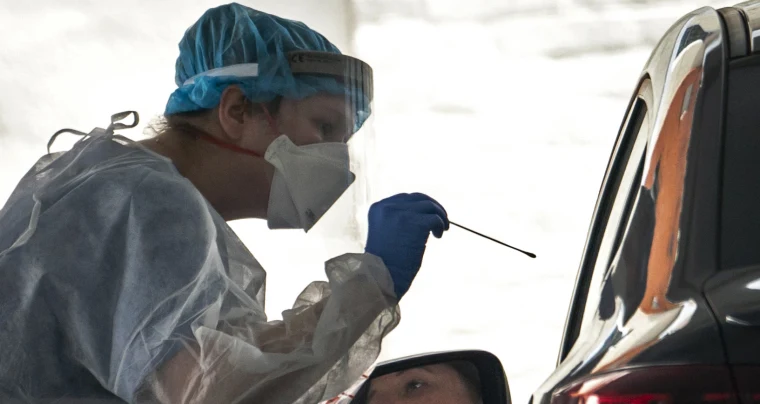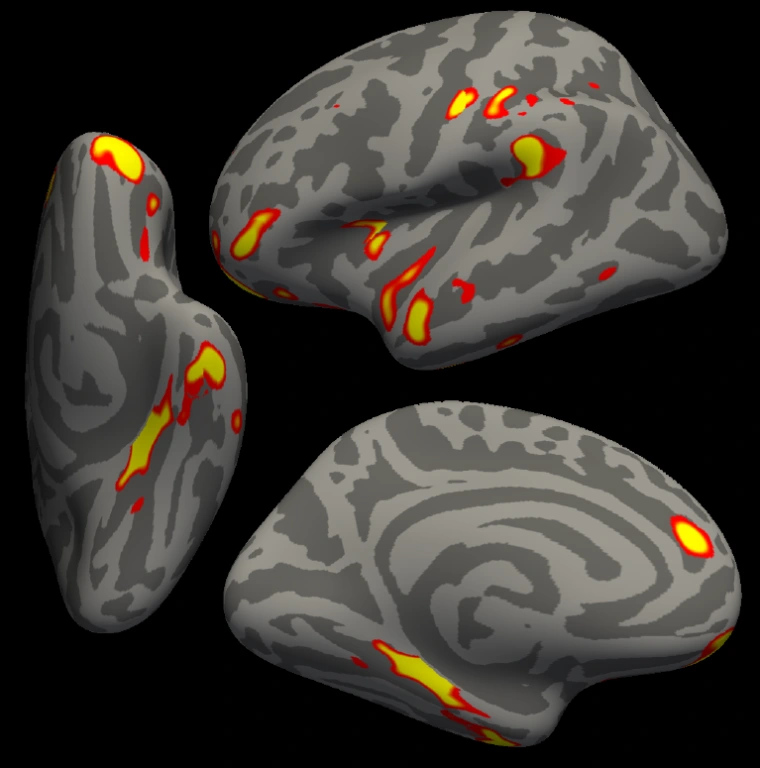The new British research is the first to reveal striking differences in areas of the brain based on scans taken before and after a coronavirus infection.

These are the striking findings of the new study led by University of Oxford investigators, one that leading Covid researchers consider particularly important because it is the first study of the disease’s potential impact on the brain that is based on brain scans taken both before and after participants contracted the coronavirus.

The research, which was published Monday in Nature, also stands out because the lion’s share of its participants apparently had mild Covid — by far, the most common outcome of coronavirus infections. Most of the brain-related studies in this field have focused on those with moderate to severe Covid.
Gwenaëlle Douaud, an associate professor at the Nuffield Department of Clinical Neurosciences at Oxford and the paper’s lead author, said that the excess loss of brain volume she and her colleagues observed in brain scans of hundreds of British individuals is equivalent to at least one extra year of normal aging.
“It is brain damage, but it is possible that it is reversible,” she said. “But it is still relatively scary because it was in mildly infected people.”
Douaud and her team relied on a rich data source: the United Kingdom Biobank. Before the Covid pandemic began, this mammoth database already had on hand tens of thousands of brain MRIs of people in Britain, along with responses to surveys about their diets and lifestyles and results from cognitive function tests.
It would be normal for adults within the study’s age range to lose a small amount of brain tissue after three years of aging, the researchers note. But compared with the control group, those who had Covid experienced an additional 0.2 percent to 2 percent loss of brain tissue in regions which are mostly associated with the sense of smell — specifically, in the parahippocampal gyrus, the orbitofrontal cortex and the insula.
The overall brain volume in people with Covid declined by an extra 0.3 percent over those without the disease.
Older participants experienced all these excess brain-related declines more profoundly.
The study offers no indication whether a Covid vaccination would mitigate the risk of such changes. The participants tested positive for the disease between March 2020 and April 2021, before the vaccines were widely available in the U.K.

